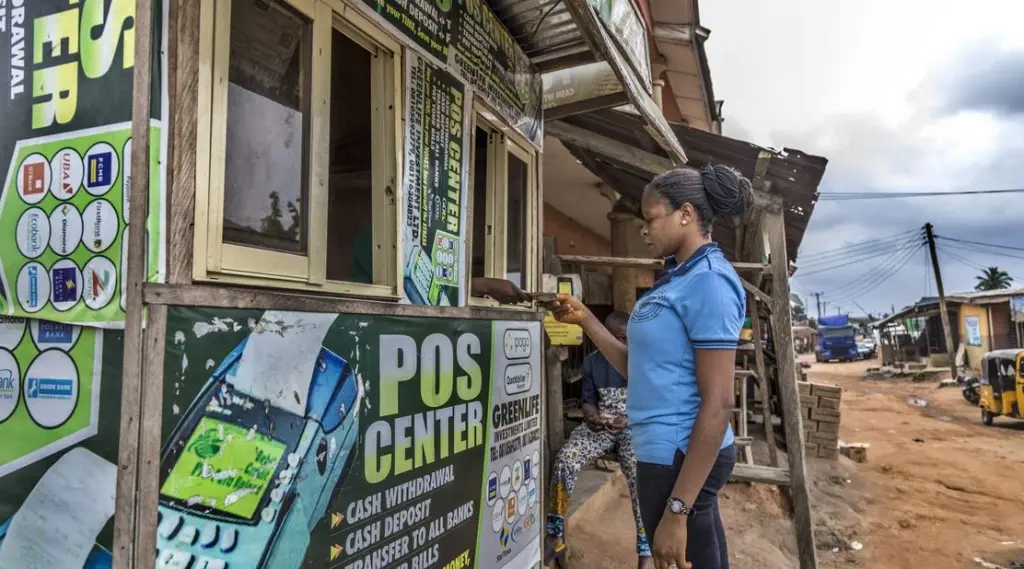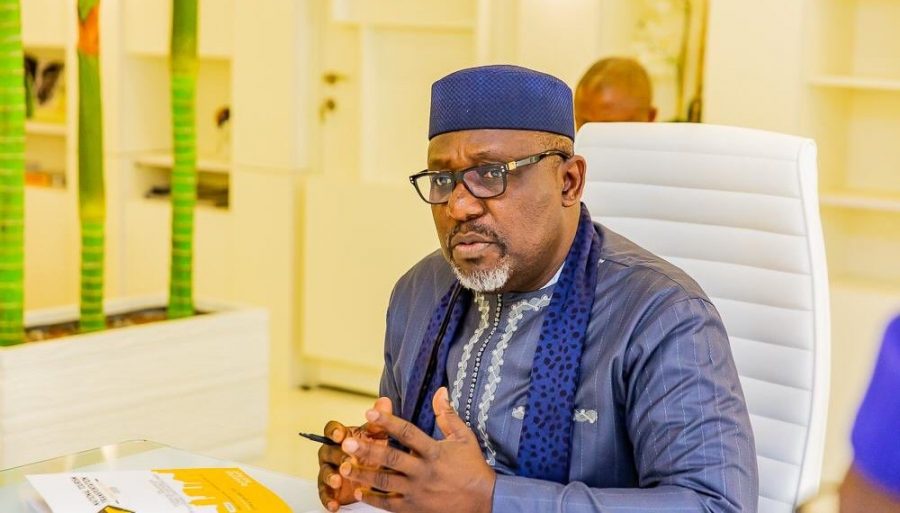Nigerians are increasingly voicing their frustration over the steep charges imposed by Point of Sale (PoS) operators for cash withdrawals from bank accounts. Citizens who spoke to Vanguard expressed concerns that PoS operators are gradually replacing Automatic Teller Machines (ATMs) across the country.
Many Nigerians have turned to PoS operators after finding ATMs frequently empty despite the availability of cash at PoS points. PoS operators, however, explained that they face significant risks and costs to obtain cash, including paying bank officials, which necessitates higher charges to stay in business. Efforts to get bank officials to respond to these allegations were unsuccessful.
Akwa Ibom Residents Cry Out
Residents of Akwa Ibom State expressed fears over fraudulent activities by some PoS operators. A private school teacher in Uyo, Mr. Udoh, lamented, “At the ATMs, there’s often no money. At the PoS, you withdraw N5,000 with N150, sometimes N200; they bill you N300 for N10,000. Recently, I was charged N800 to withdraw N20,000. This is worrying.”
A lecturer at the University of Uyo noted that he prefers PoS services due to ATM difficulties but expressed concerns about fraud and misuse of ATM card details by roadside operators.
Edo State Complaints
In Edo State, residents complained about empty ATMs and high PoS charges. Mr. Andrew Aduro noted the rise of PoS popularity during the failed naira redesign policy, which created cash scarcity. He mentioned, “ATM points often lack cash, forcing us to use PoS, which charges N300 per N10,000.”
Bayelsa State Issues
Bayelsa State residents also face high PoS charges and limited ATM availability. Public servant Fred Alambo Datonye said, “It’s frustrating to pay charges for your own money. I recently withdrew N20,000 and paid N500. Banks should make cash available to customers.”
Cross River Collusion Claims
In Cross River State, customers accused banks of colluding with PoS operators. Pastor Dominic Igri said, “Since January 2023, I’ve spent hundreds of thousands on PoS charges. During the naira exchange hype, charges soared to N2,000 or even N3,000 for N10,000. Banks seem to prefer giving cash to PoS operators.”
Delta State Experiences
Delta State residents like Onovughe Fred and Mrs. Mary Adebayo highlighted the struggle to find working ATMs and the high charges at PoS points. A PoS operator in Sapele, Akpime Andrew, said, “I charge N100 for N1,000 to N5,000 withdrawals and N200 for N5,000 to N10,000.”
Imo and Abia States Complaints
In Imo and Abia states, residents accused banks of working with PoS operators. Ibrahim Wale from Imo State alleged, “90% of PoS operators in Owerri are run by bankers, explaining the ATM cash scarcity.” Abia State residents have resigned themselves to high PoS charges, hoping for regulatory intervention.
Mixed Reactions Across Other States
In Sokoto, residents are generally satisfied with PoS charges, while in Kwara, operators seek lower bank charges to sustain their business. Borno residents appreciate PoS convenience despite varying charges. In Bauchi and Jos, customers decry high charges but acknowledge PoS as a necessary alternative.
Ondo and Ekiti States Collaboration
In Ondo and Ekiti states, PoS operators reportedly collaborate with bank workers to secure cash from ATMs, contributing to high charges. A PoS operator in Ado-Ekiti revealed that they sometimes pay bank officials for information on cash availability.
Ogun and Lagos States Situation
In Ogun and Lagos states, high PoS charges persist, with operators claiming inadequate cash supplies from banks. Operators like Dayo and Adeola explained the challenges of obtaining cash, often resorting to buying cash from market women to stay in business.
Nigerians continue to grapple with the high cost of accessing cash, highlighting the urgent need for regulatory intervention to address the PoS charges and ensure better cash availability at ATMs.






